It was a dark and freezing Tasmanian night when interstate friends of ours, who had been bush walking, phoned for us to pick them up.
My husband and I, newlyweds, drove in our well heated car, out into the night, past the forest.
All seemed well.
The music blared from the car radio.
We chatted, oblivious to the temperature outside.
Suddenly the car hit ice and slid.
My husband struggled to steer the vehicle down the road, as we hit walls or was it cliff rises either side of the road. Bang! Bang! It seemed like invisible giant hands were throwing our car from side to side.
Eventually after flash-before-your- life -moments, the car was slowed and he managed to bring it to a stop on the road side.
Phew, we survived.
Luckily there was no-one else on the road. Otherwise we’d have been done for in a head on collision.
But our nightmare was in its infancy.
Now our car was battered, undriveable, and we were out in the wilderness without a mobile phone.
We were worried about our friends as we wouldn’t be arriving to pick them up any time soon. At least they were prepared with their camping gear and warm clothes.
The stars were beautiful, but the situation was scary as anyone stuck in the cold will know.
We waited to flag down a car, snuggled to each other to keep warm, and worried we were going to freeze if no-one appeared before morning.
I remember our hearts skipped a happy beat at the sounds of an engine. The car stopped. It was a fisherman on his way home. He drove us to his home where he lived with his parents.
But they were perhaps even more frightening than the accident.
They were cold, suspicious and annoyed at their son. He explained what had happened, drank his cuppa and then waited as his Mum grumpily made up some beds for us.
His parents seemed to look at us funny, especially me. Was it my colour? My age? They didn’t even seem to care what had happened to us. I had to sleep separately from my husband even though we had just been through a trauma.
I was shocked and lonely; we were both in a strange house with people who seemed scared of us, still we had to be grateful; we had nowhere else to go.
The next day they woke us early and rapidly ejected us at a soon-to- depart-tour-bus.
We were unwilling tourists, still emotionally numb, learning all the history about the area in the cold light of day. To make matters worse the minibus drove right past our wrecked car whilst on the way to another regular coach that would bring us home.
We came back to our house via taxi from the bus stop, shortly after our friends arrived.
We began to thaw in the light of our warm hearted friends, who listened and gave real comfort, rather than suspicious glares.
Since then, despite sometimes being taken advantage of, our family have always sought to see the good in others, and help them out when we can, including one time when we had an unwanted house guest who just wouldn’t leave.
We like being well prepared even for short road trips.
Most of the time we help people out and it’s a positive experience, but whatever the outcome might be we help with a smile on our faces and goodwill in our hearts.
First published, ABC Open, 500 Words, A Scary Moment. 7th February 2013
Comments from ABC Open
-
Paul Tilyou
This is so wonderfully written. I admire what appears to be an effortless marriage of action with descriptions of sensations, moving the story along, while putting the reader right there. I hope to read more of your contributions.
-
June Perkins
We understood our hosts being scared of strangers who turned up on their doorstep through no fault of their own, but it was also scary to be lost and have to rely on the help of strangers. I don’t judge them for it but it is interesting to observe human behaviour and think now how would I behave if it was me in their position.
-
Pam Farey
Yes the fisherman was the hero and we should not judge strangers who help us in their own way.
-
June Perkins
Thanks everyone for your feedback. Although the story does not say it, we did thank the people who took us in, and despite our shock tried to be as little trouble as possible. However, there is a real difference between people who are kind to others in a willing manner and those who feel put out and who judge. The real hero of our rescue was the fisherman who stopped and took us to his house, despite possibly knowing his parents were not going to be very welcoming.
-
Neal
Thanks for your interesting story.You both could have binjured badly but fortunately everything turned out to be well. The people, who gave you a temporary shelter were suspecious but very hospitable the peopleat the same time. They were scared to be rubbed and killed by survivers. Nevertheless, they let you spend a night there. You should also support and help those people pleasant to you just like in this situation.
-
Gail Kavanagh
I have been in similar situations and I know how it feels. This was very involving,June.
-
Joanna Grimmer
I loved this story, though well aware it was an unpleasant experience for you both, it is visually effective and has a clever nip of tension. Beautifully written, and the ending was satisfying and meaningful to me as a reader. I’ve never been caught out on black ice, but the bitter cold an be very frightening. And then to stay where you didn’t feel welcome makes that coldness permeate further.
-
Nana Ollerenshaw
June, You so often write supportive comments to others. I enjoyed your ‘scary experience’, the worst part being surprizingly the human encounter. We saw the cold, and the isolation as threats too. When in trouble, I always remind myself there is always a resolution. Thank you.
Please note: links to ABC Open will be broken after June 30th 2019.


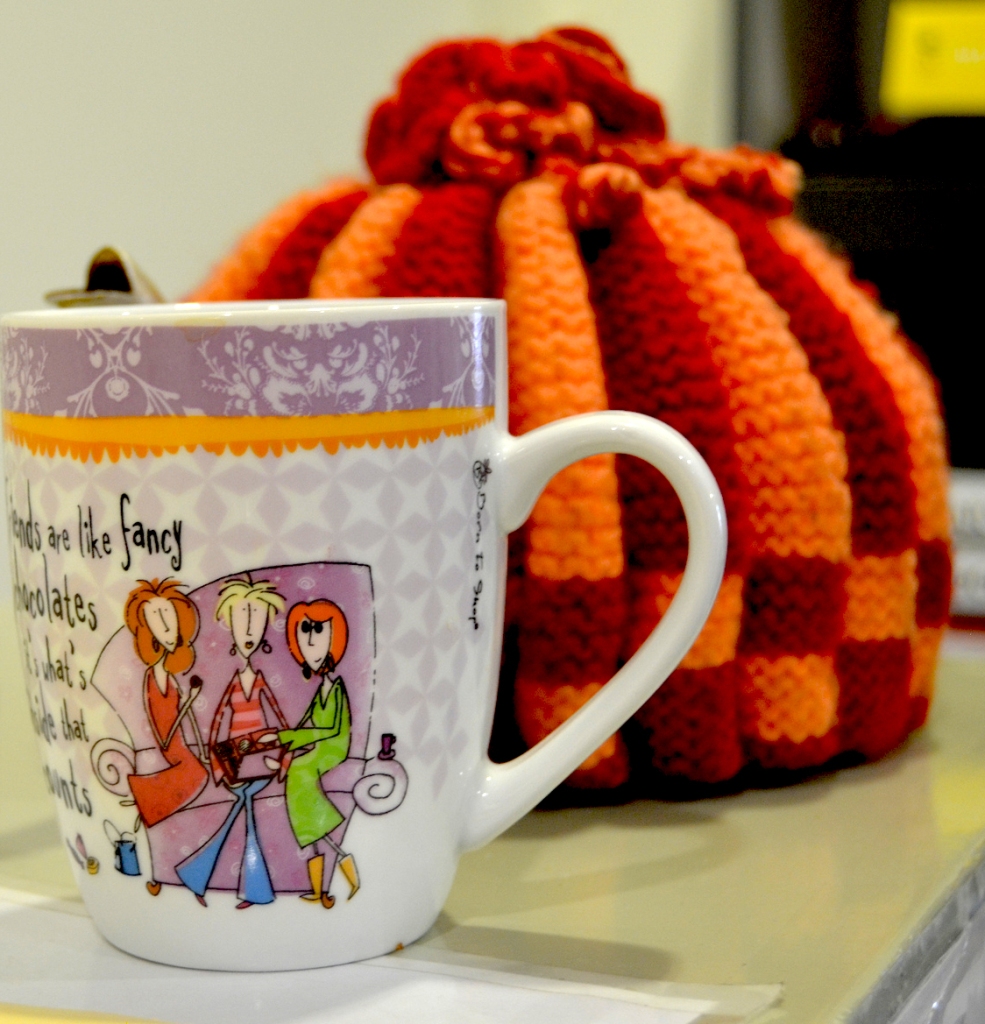

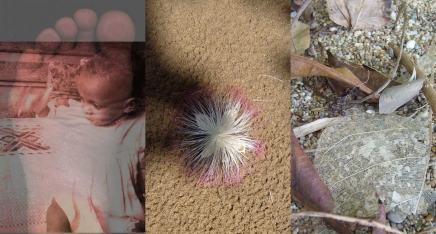

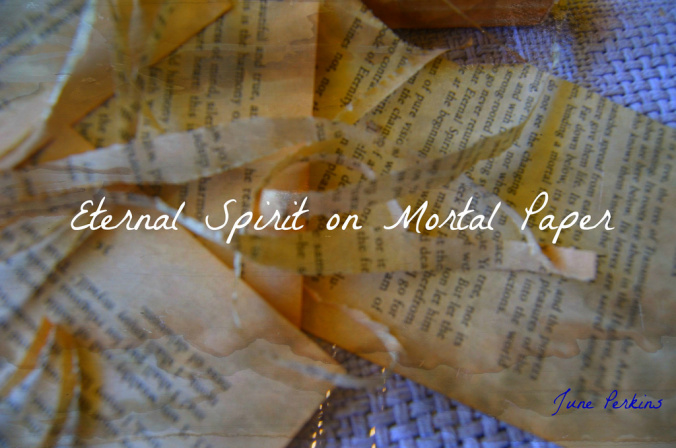
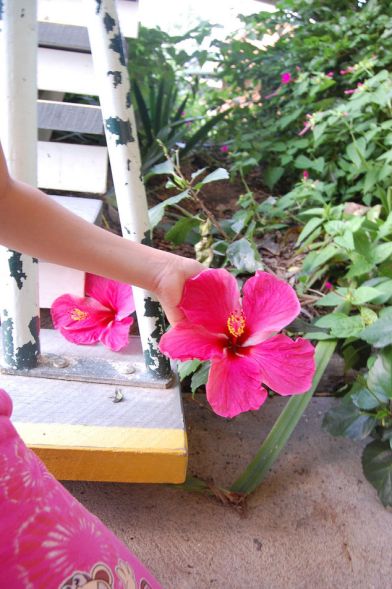
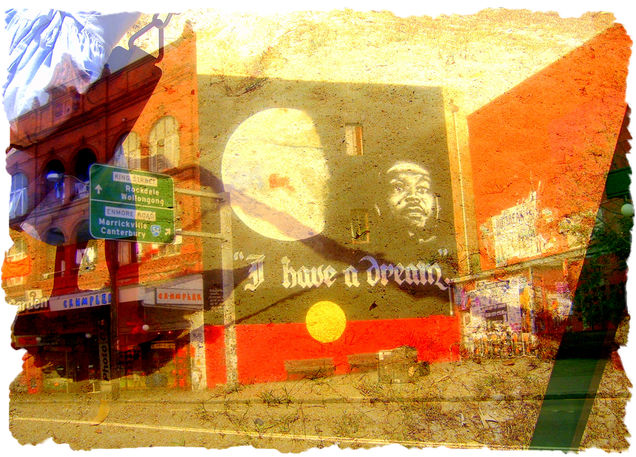

June Perkins
Thanks for your feedback Paul, it’s greatly appreciated.